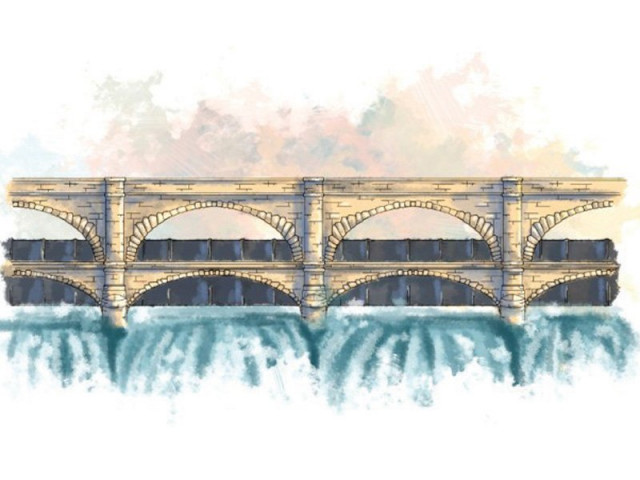Watery resolution
Views from the Hague will help clarify the situation, make it easier for Pakistan to justify its acute grievance.

PHOTO: CREATIVE COMMONS
But there has been some understanding of Pakistan’s position. The International Court of Arbitration (ICA) at the Hague has ruled, at least partially, in Pakistan’s favour, holding that India could not completely block flow downstream of the Neelum for six to eight months in winter as it had proposed, and also that the design of the dam did indeed violate agreements between the two countries. There are matters that still need to be sorted out, such as figures on the precise amount of water that flows down the Neelum. But even so, Pakistan has had at least some success and this needs to be welcomed. The ICA decision also highlights the gravity of the water issue between the two countries and the need to sort it out as efficiently as possible. As we know, Pakistan and also India are facing a grave shortage of water resources as the population continues to grow and the crisis that could arise from this has been described by some as potentially one that poses an enormous risk to people.
We can only hope that the verdict that has come in from the Court and its findings during the hearing, where many specialists provided highly technical information, can help sort out the issues that still exist. Both countries obviously need to talk about the matter on a bilateral basis. But perhaps, the views from the Hague will help clarify the situation and make it a little easier for Pakistan to justify its acute grievance over the construction of a dam which would further reduce water flow into its territory. This is something Pakistan has been emphasising for a very long time. Its voice appears finally to have been heard, even if only softly.
Published in The Express Tribune, February 22nd, 2013.














COMMENTS
Comments are moderated and generally will be posted if they are on-topic and not abusive.
For more information, please see our Comments FAQ